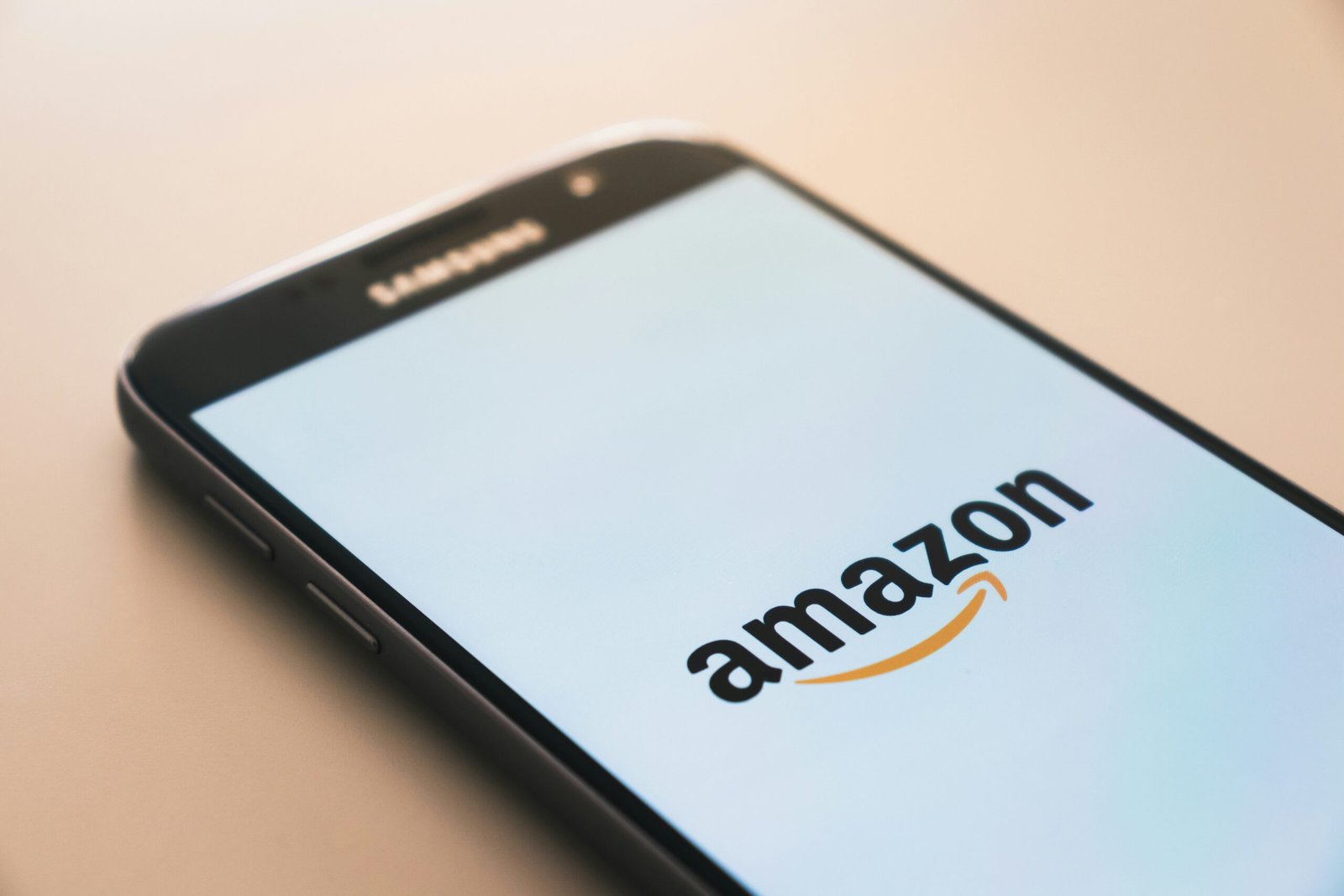Amazon’s Successful Prototype Satellites for Kuiper Network
Amazon.com announced on Thursday that its two prototype satellites for the Kuiper internet network have been operating successfully in orbit. The project is on track to start launching operational satellites by mid-2024. The Kuiper internet network aims to compete against Elon Musk’s Starlink, the world’s largest satellite operator, by offering broadband internet service globally to consumers, companies, and governments.
Achieving Success with Prototype Satellites
Amazon achieved a 100 percent success rate within the first 30 days of launching the prototype satellites from Florida aboard a United Launch Alliance Atlas 5 rocket. During this period, Amazon used the prototype satellites for various activities, including brief two-way video calls, streaming a high-definition movie on Prime Video, and ordering items off Amazon’s website.
Rajeev Badyal, the Vice President of Technology for Project Kuiper, acknowledged that there is still a lot of hard work ahead and scaling for mass production won’t be easy. However, the successful prototype tests have paved the way for Amazon to start building production-ready satellites next month, with a planned launch in the second quarter of 2024.
Deployment and Expansion Plans
The US Federal Communications Commission has mandated that Amazon deploy half of its planned satellite constellation, which consists of more than 3,000 satellites, by 2026. With the positive results from the prototype tests, Amazon is confident in meeting this requirement.
While Rajeev Badyal did not disclose the exact number of satellites that will be launched per rocket, he expressed his belief that the network will be capable of providing broadband coverage in certain parts of the world by late 2024. An early beta phase is targeted to begin in early 2025, with partners like Vodafone and Verizon being the first telecom firms to test the service.
Collaborations and Launch Partners
Amazon has already made significant progress in securing launch partnerships for the Kuiper network. Last year, the company announced a bulk launch deal for 83 launches, which is considered the largest commercial rocket procurement ever. The deal involves various rocket companies, including Jeff Bezos’ Blue Origin, United Launch Alliance (ULA), and Europe’s Arianespace.
The Boeing-Lockheed joint venture, United Launch Alliance, is set to launch the first several batches of Kuiper satellites aboard its Atlas 5 rocket and the upcoming Vulcan rocket. On the other hand, Starlink, Amazon’s main competitor in the satellite internet space, uses its own in-house SpaceX Falcon 9 rockets to launch its network. Since 2019, Starlink has already deployed approximately 5,000 satellites in low-earth orbit, enabling near-global broadband coverage.
With the successful operation of the prototype satellites and the upcoming production-ready satellites, Amazon’s Kuiper network is poised to offer reliable and high-speed broadband internet service to users worldwide. The competition between Kuiper and Starlink will undoubtedly drive innovation and improve connectivity options for consumers, companies, and governments in the years to come.












